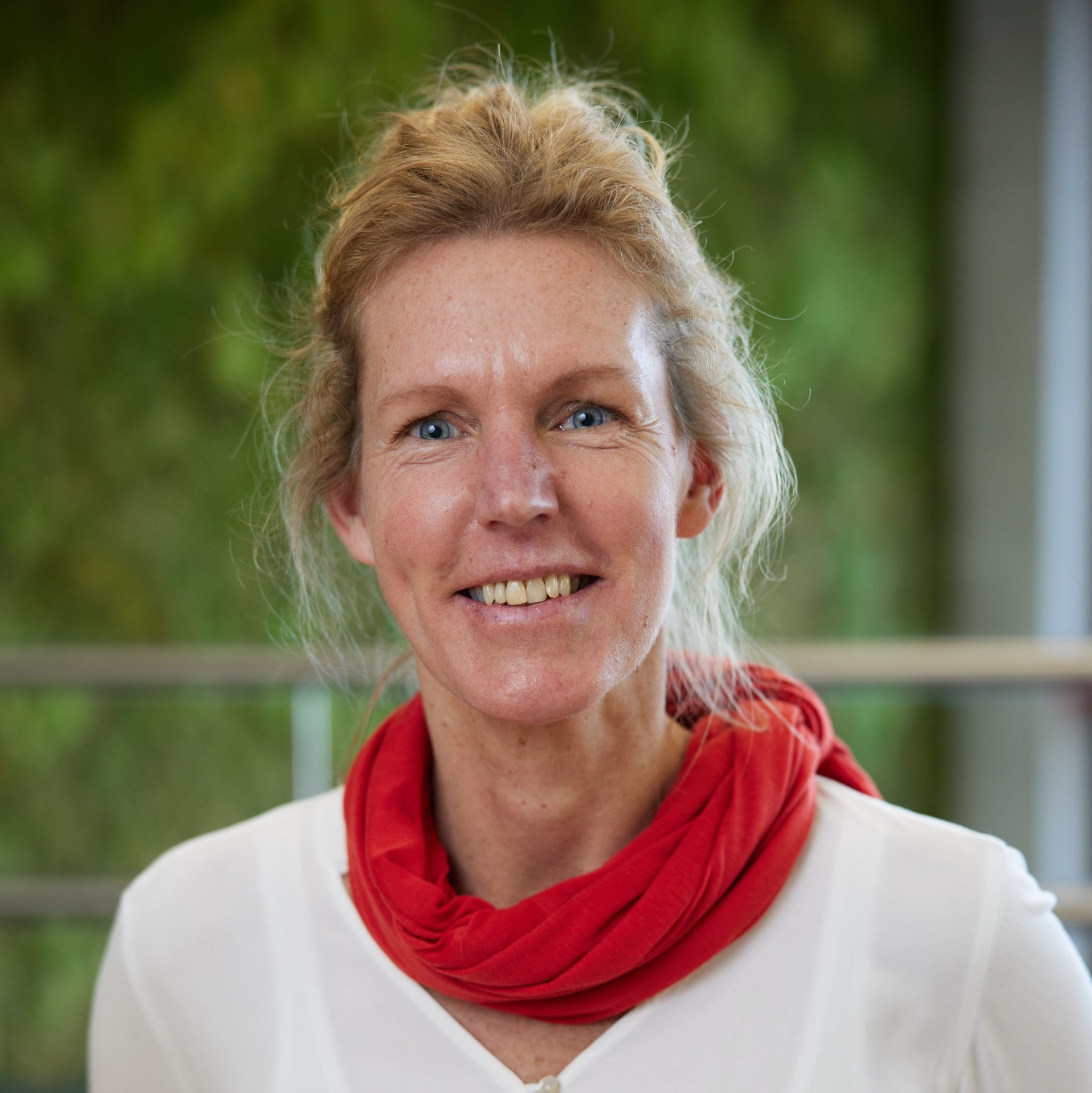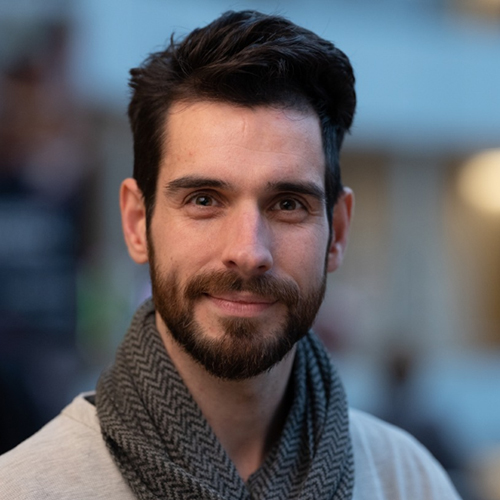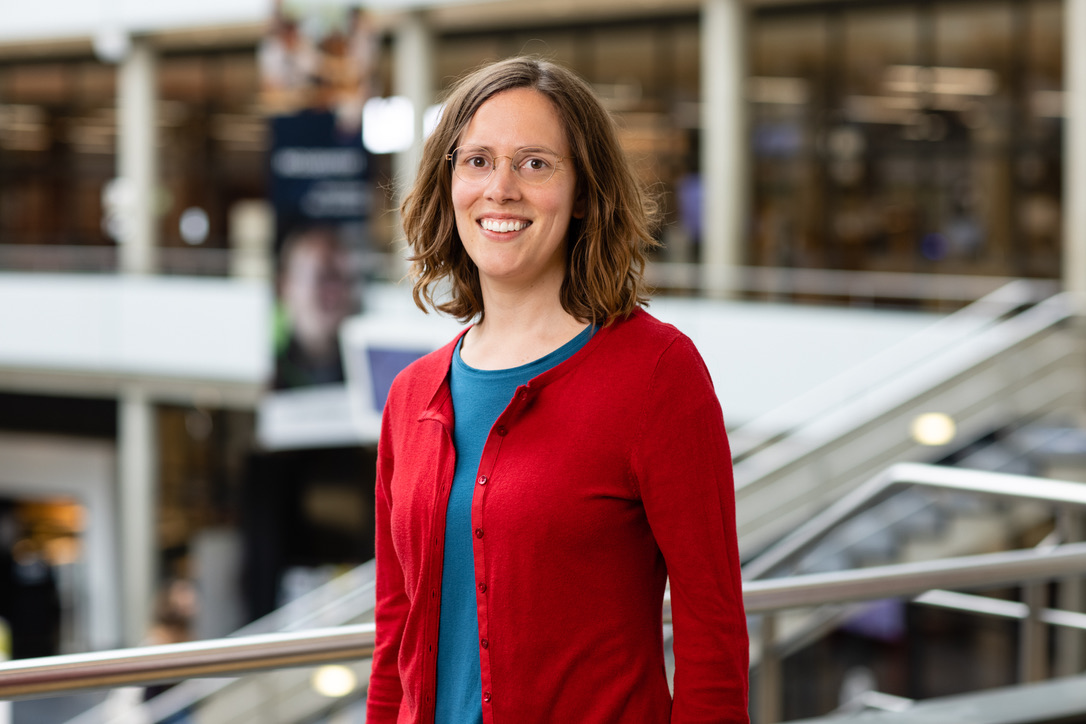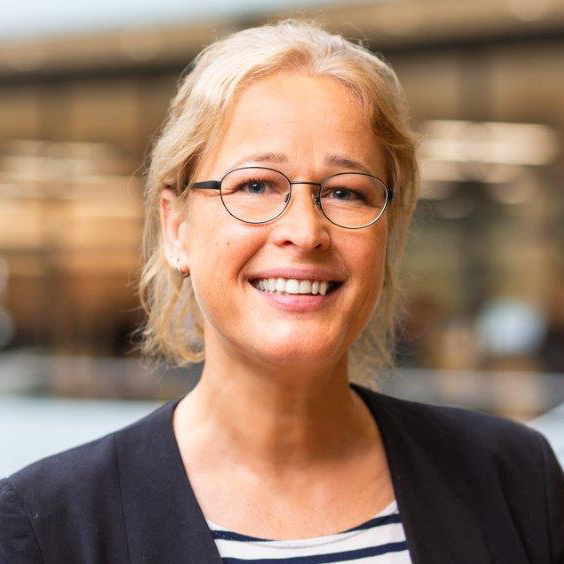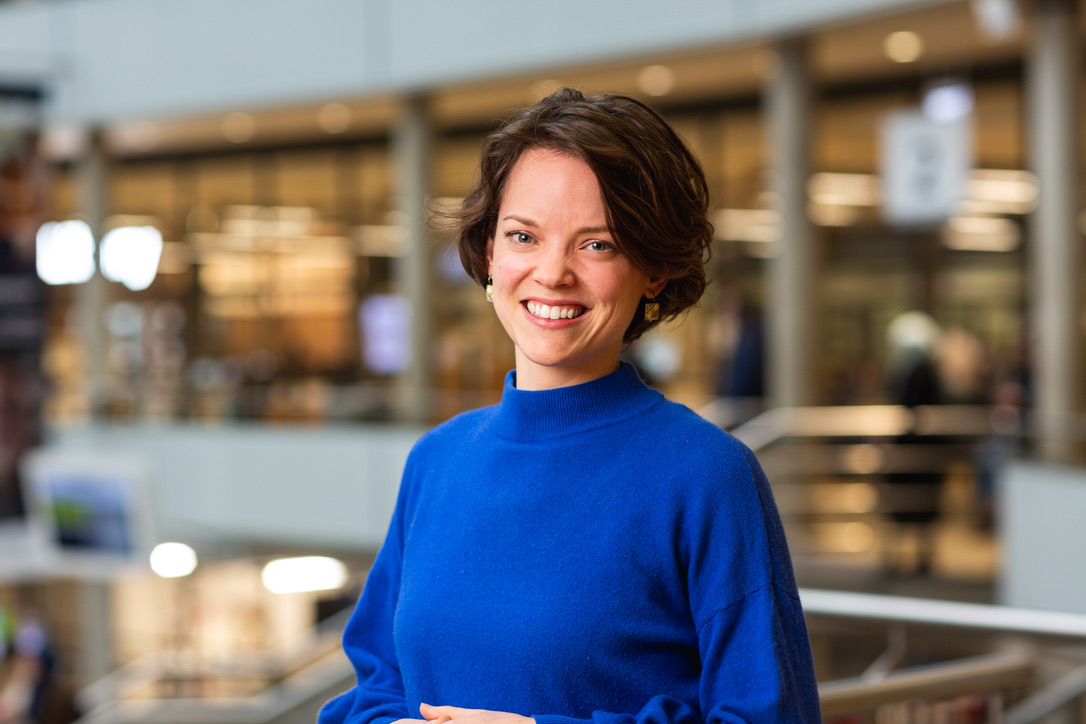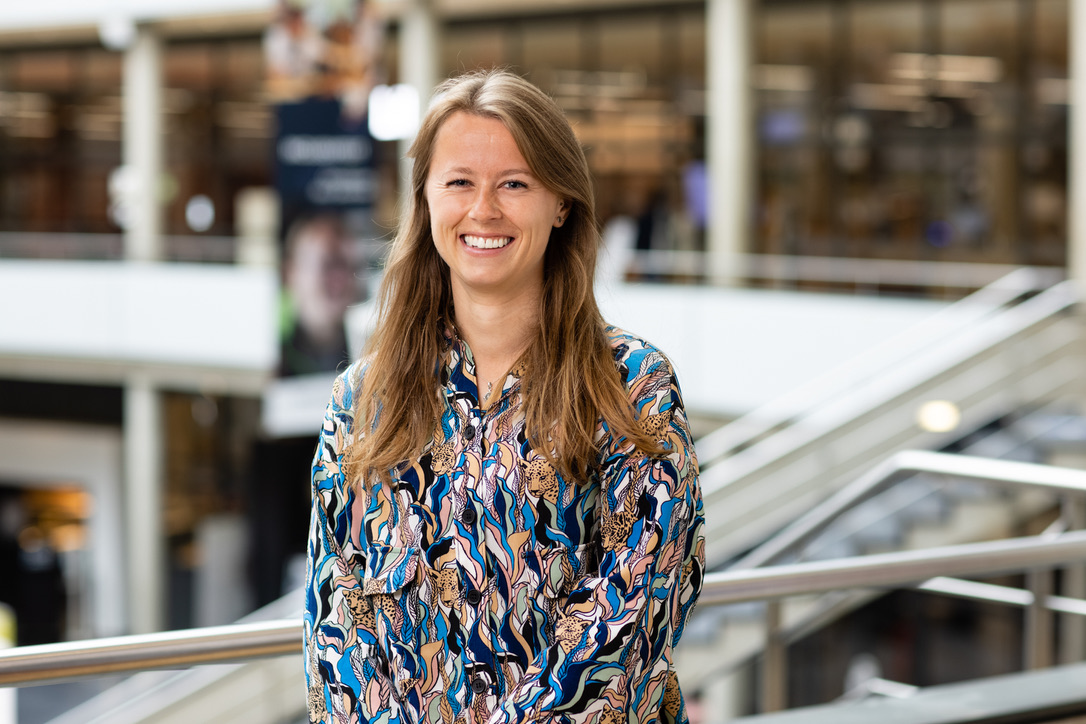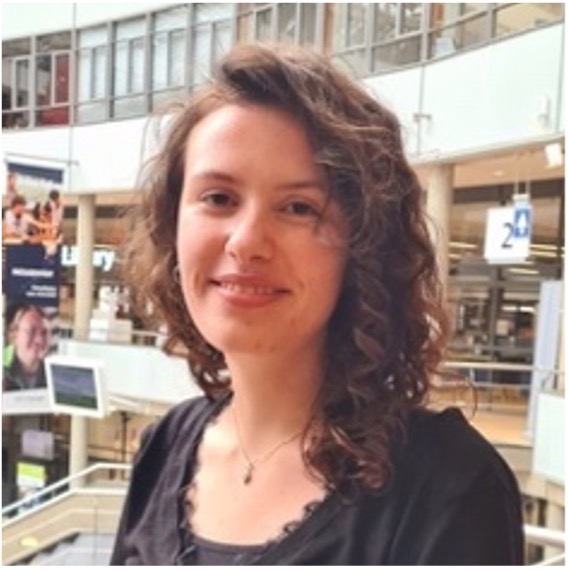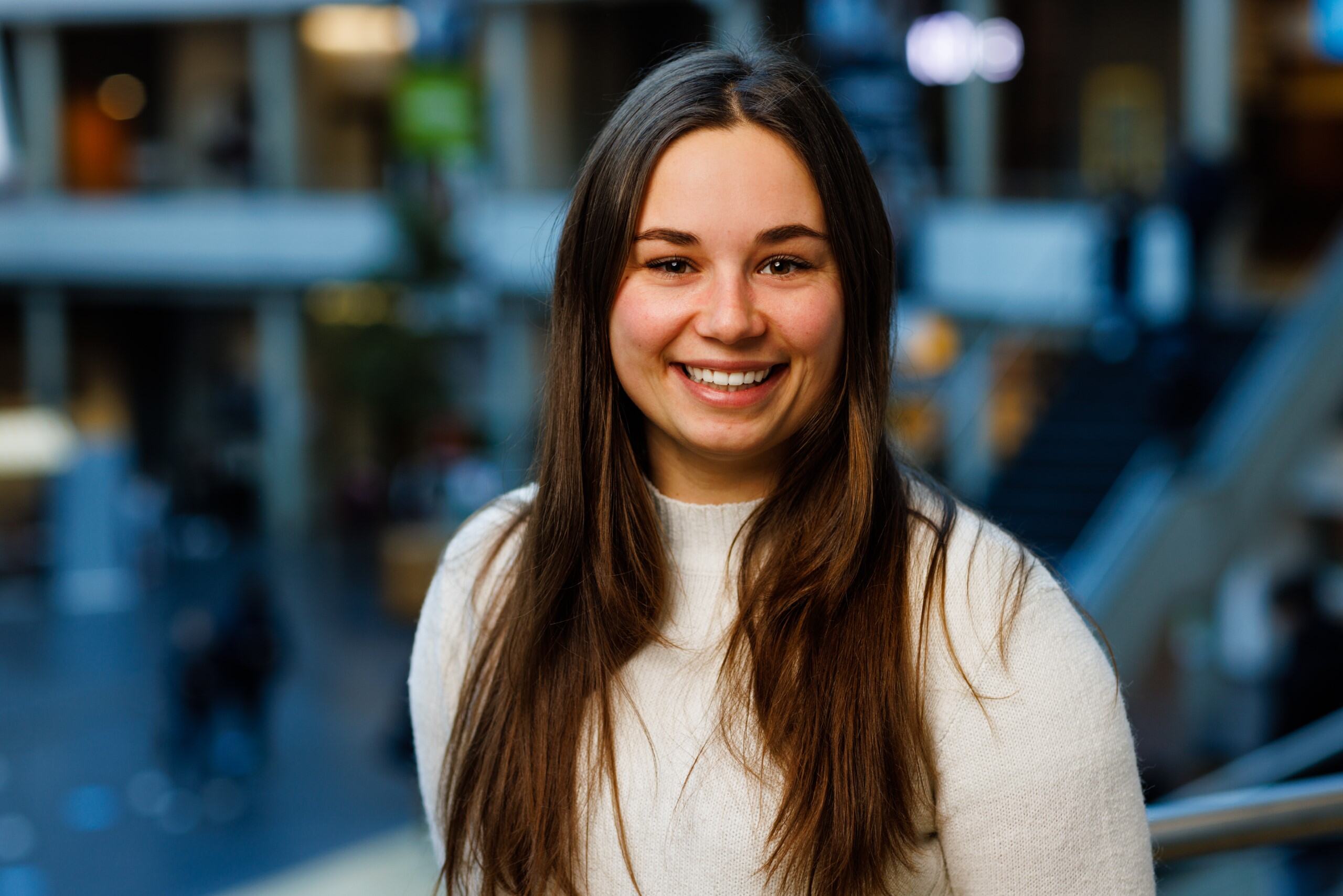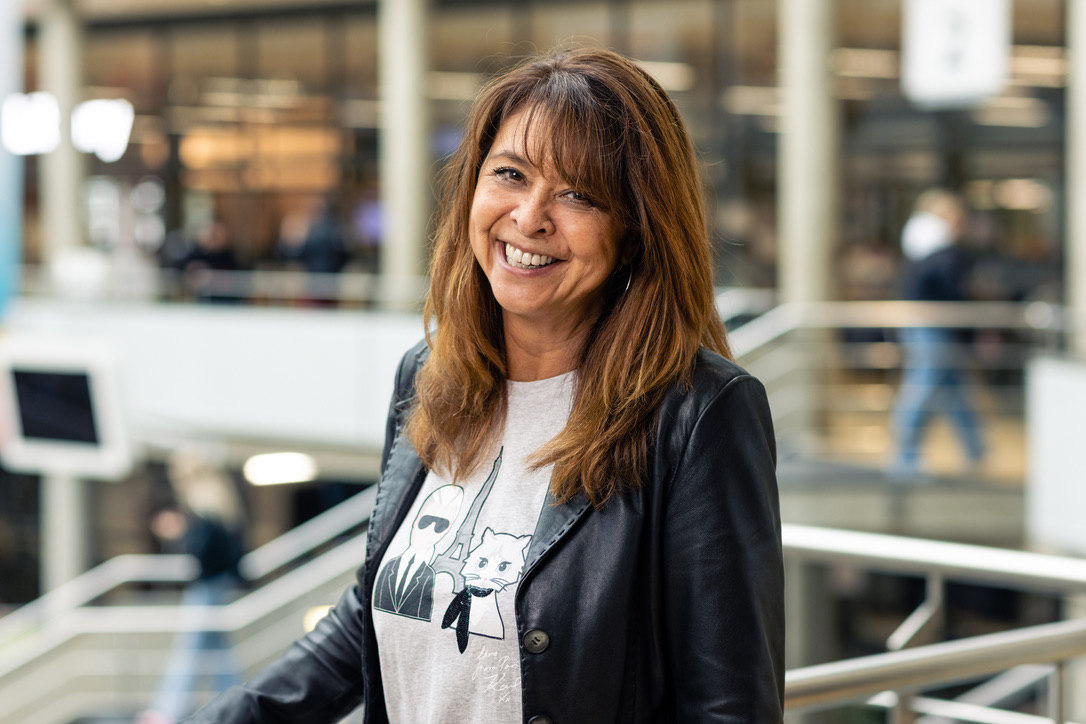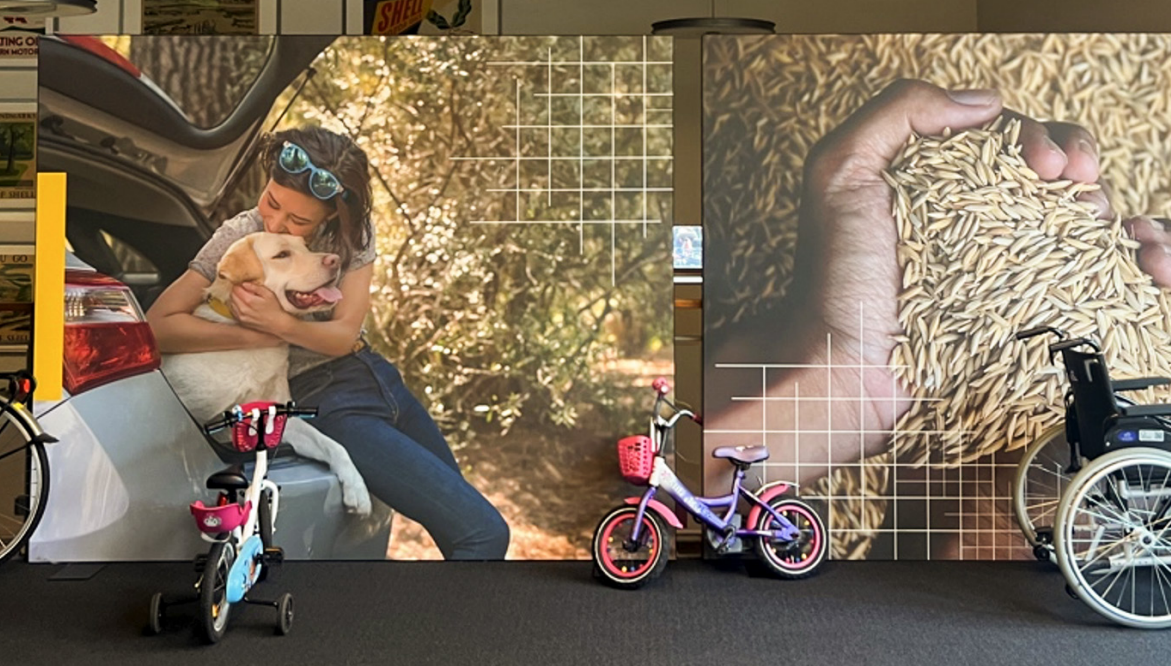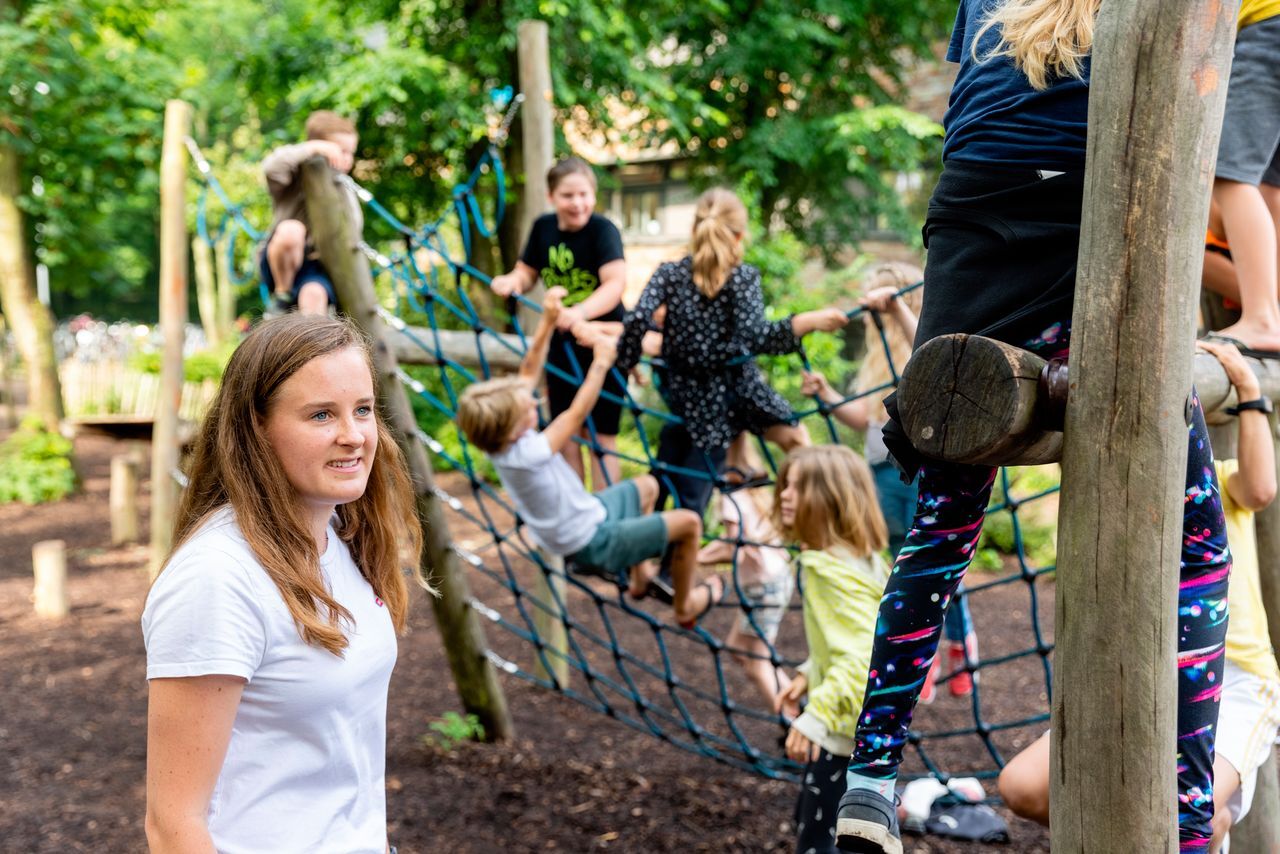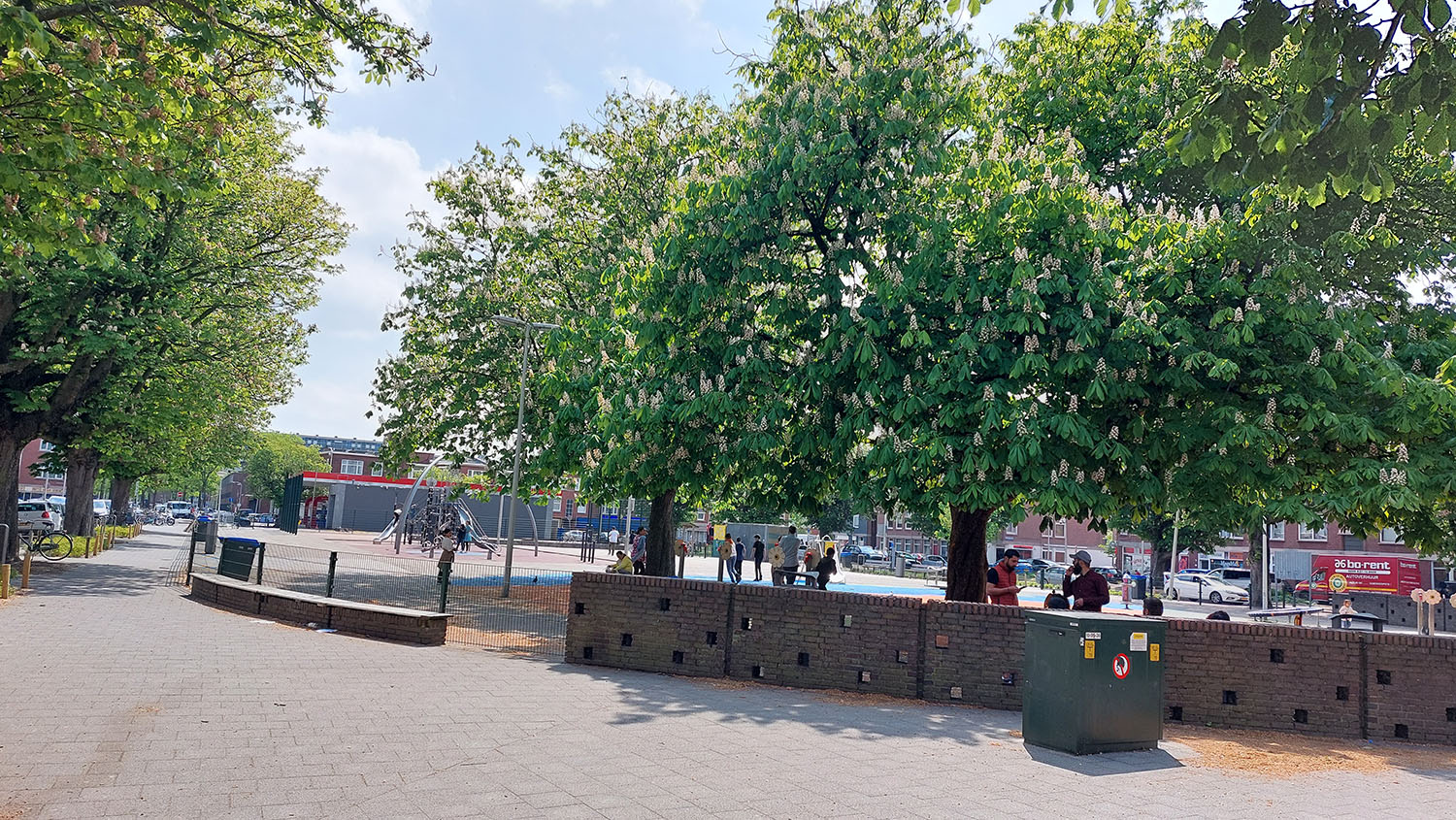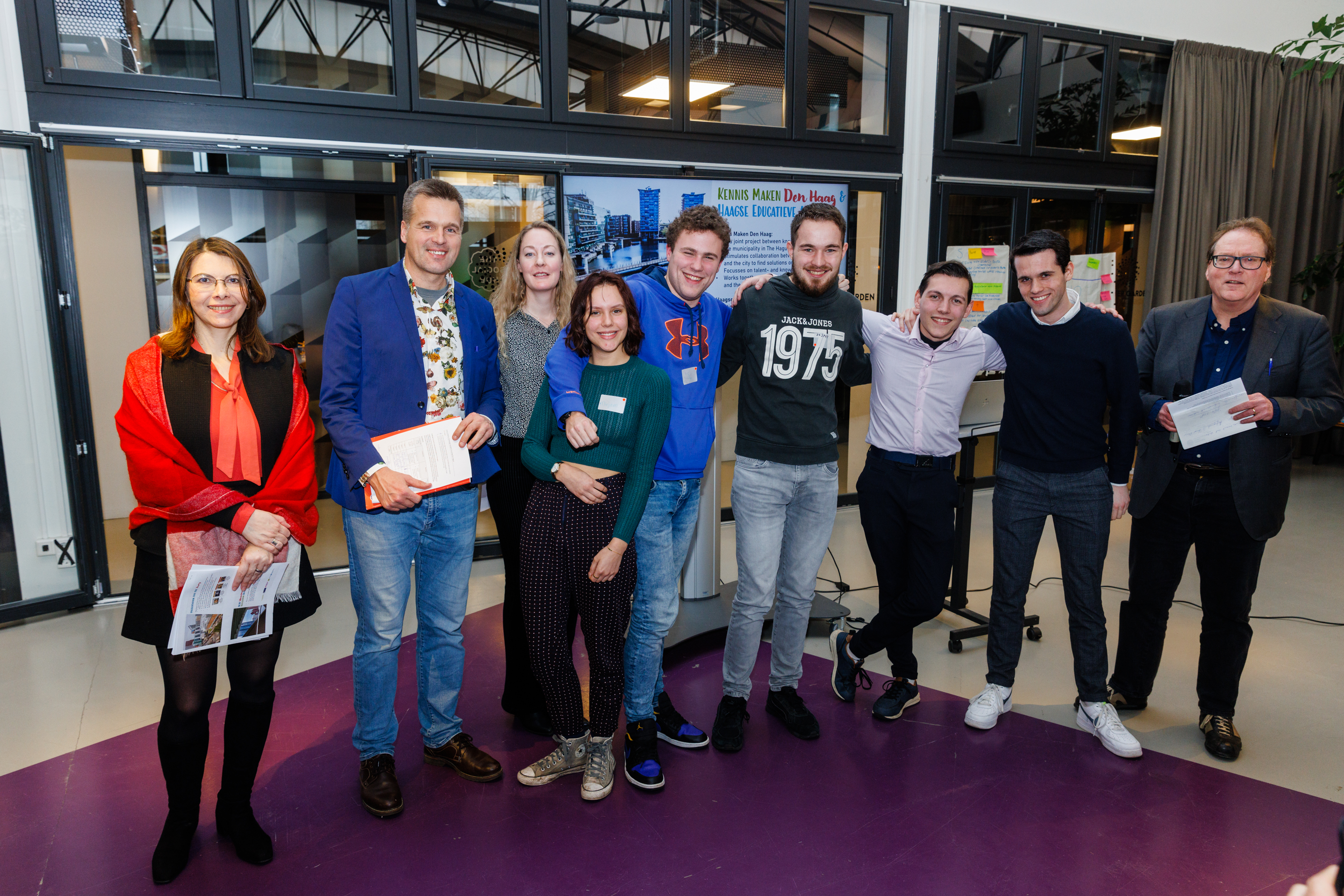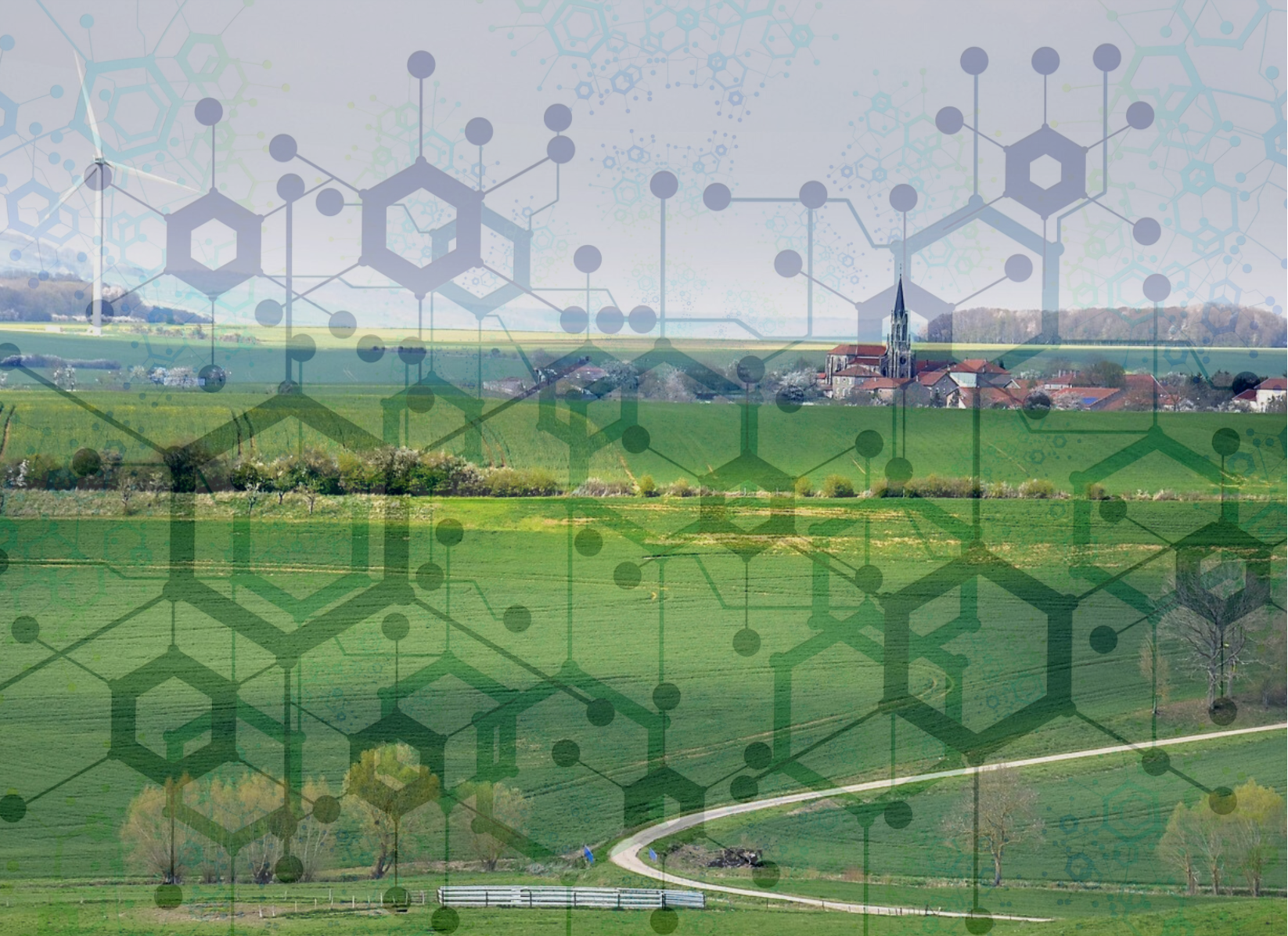Urban Social Development
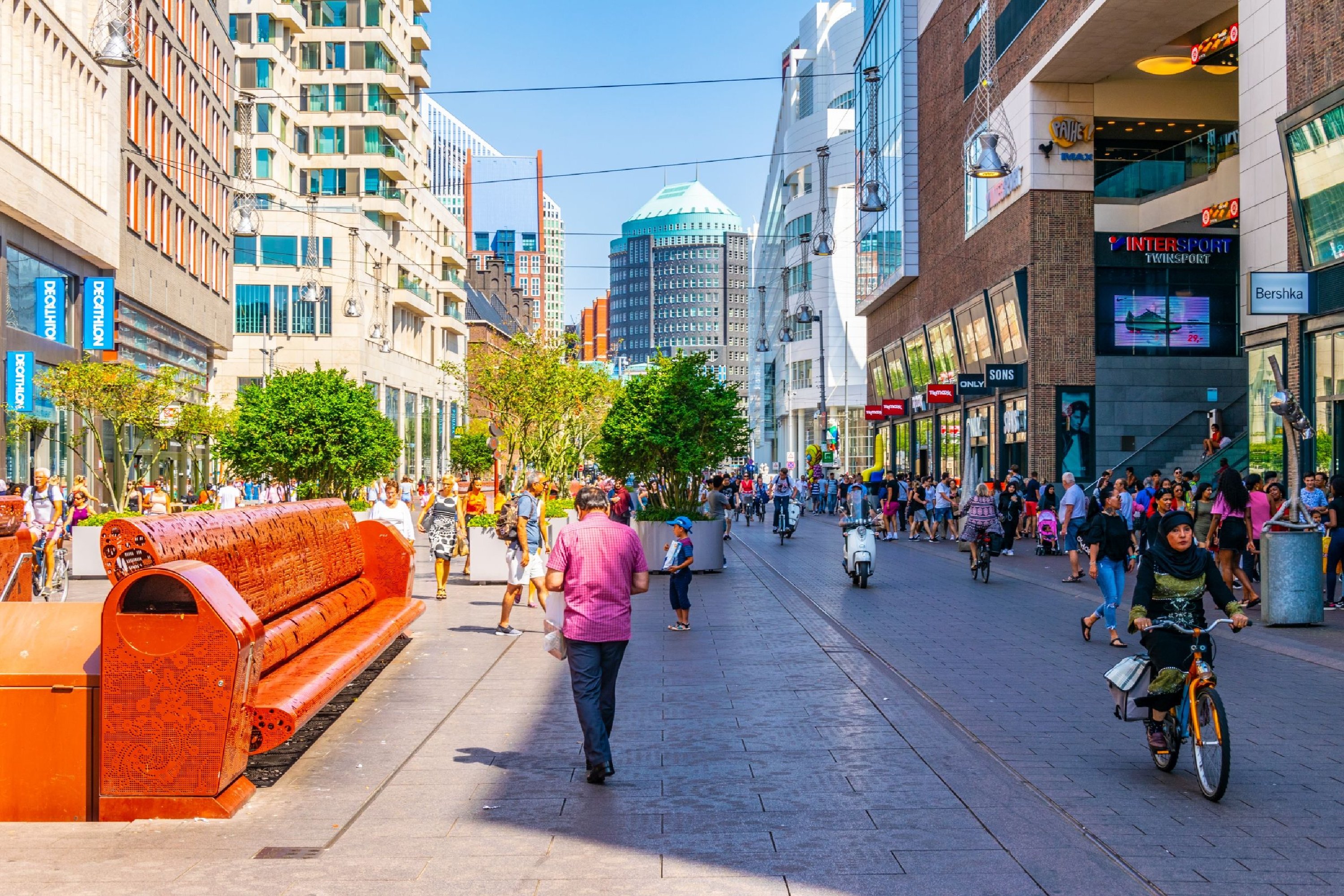
Introduction
The city is a dynamic environment where different populations coexist. This social and cultural diversity offers oppourtunities, but also generates problems and uncertainty.
Therefore citizens and social institutions face many challenges. The research group studies social and cultural developments in urban environments, enabling the research group to stimulate a positive contribution on this matter.
About the research group
In today’s society, there is considerable need for more freedom of choice, i.e. the possibility to be in charge of one’s own life. At the same time, the desire for a sense of certainty and safety has become stronger. Everyone wants socio-economic security, a good living and housing environment and opportunities to get ahead in life. The Urban Social Development research group wants to help make this possible. The research group studies social and cultural developments in urban environments. And those environments are right around the corner. The research group has entered into a long-term partnership with the municipality and carries out its work in neighbourhoods in The Hague in the form of research projects, focus dialogues and interviews with residents and professionals. Students are closely involved in these activities since they will often encounter urban problems in their future careers.
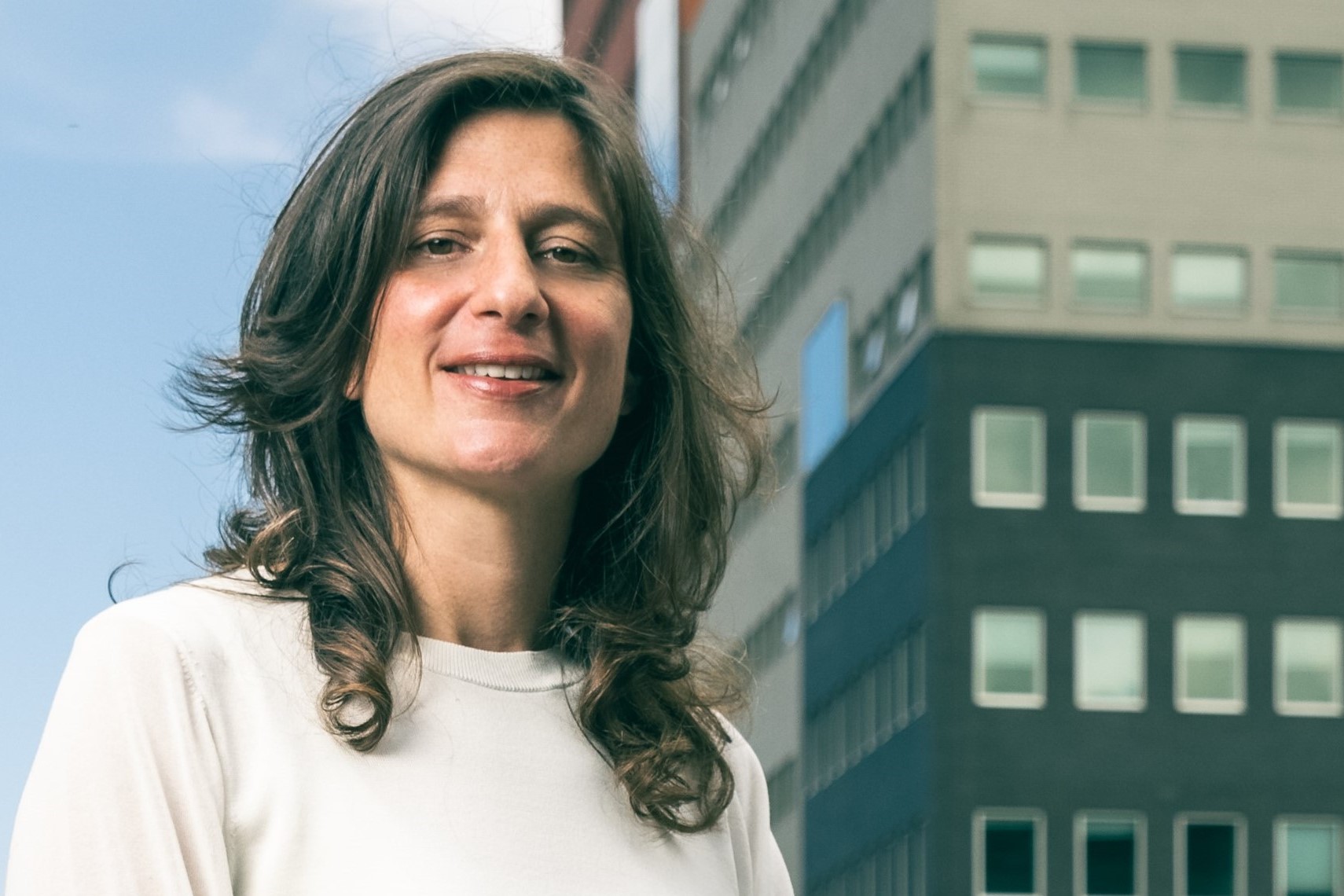
About the professor
dr. Katja Rusinovic
Since 1 June 2020, Katja Rusinovic has been a professor of Urban Development at The Hague University of Applied Sciences. Her work centres around the themes of social mobility, citizenship, (labour) migration, the urban labour market, education and new forms of housing for seniors. In 2006, Katja obtained her doctorate at Erasmus University Rotterdam with a study on migrant entrepreneurship in the four largest cities in the Netherlands, comparing first and second-generation immigrants. Her post-doctoral research focused on citizenship and transnational connections among the immigrant middle class in Rotterdam and The Hague. From 2012 to 2017, Katja worked at the University of Amsterdam in the Department of Sociology, as a lecturer, researcher and education director of the Sociology Master's programme. She has been working at The Hague University of Applied Sciences since 2017.
In addition to her work as professor, Katja is active in various boards.
+31 (0)6 - 86 86 52 04
k.m.rusinovic@hhs.nl
As a big city, The Hague is the perfect research lab for social problems and social renewal.
